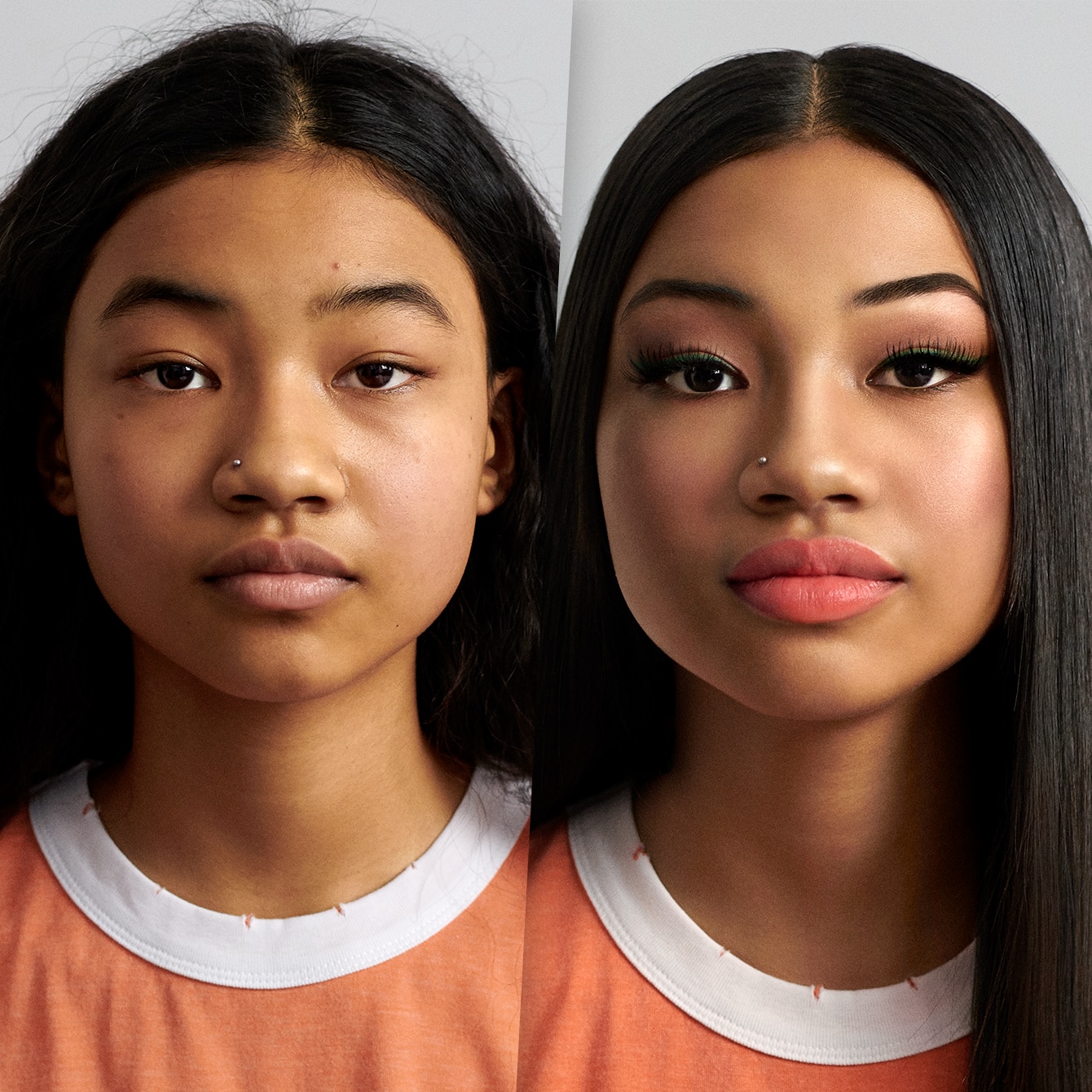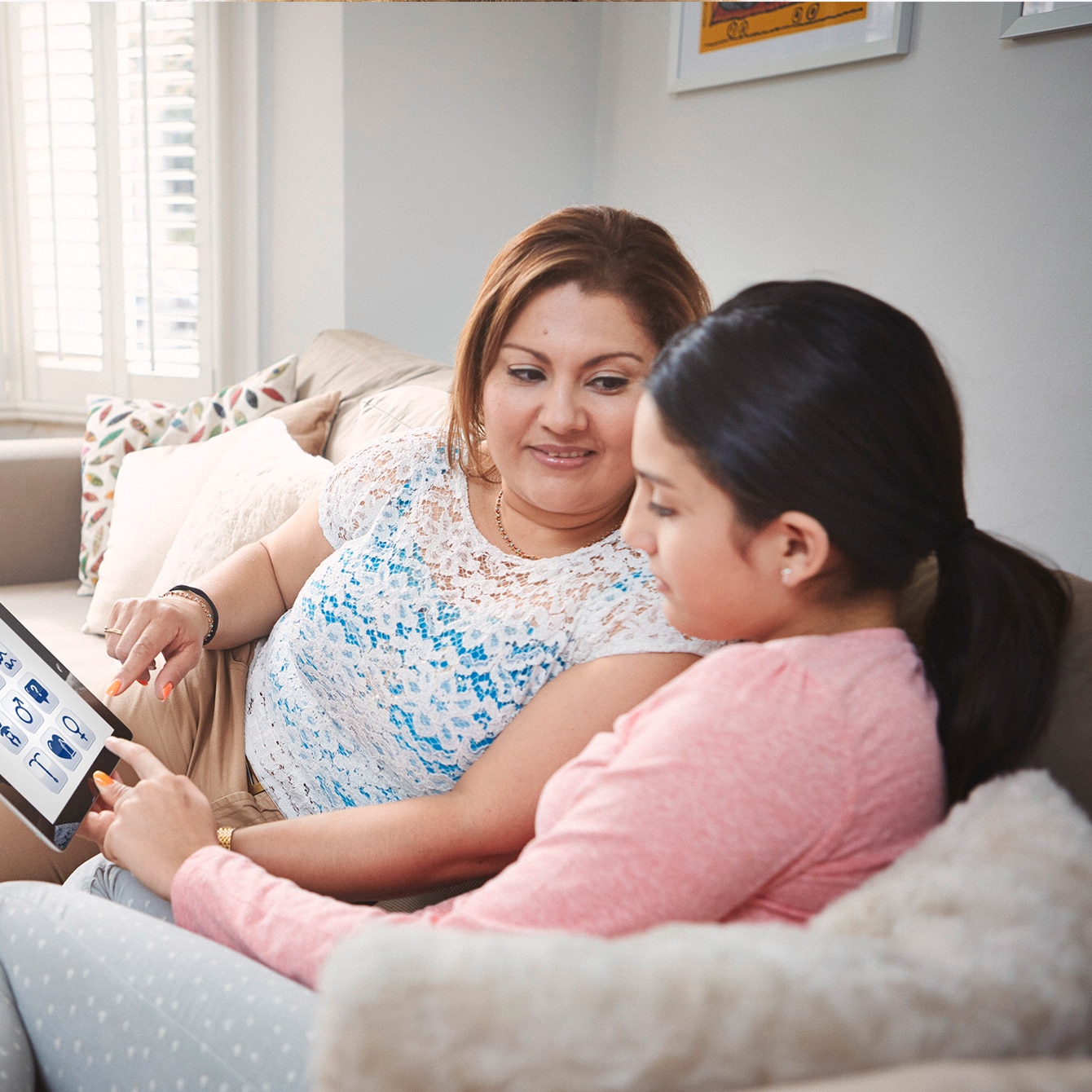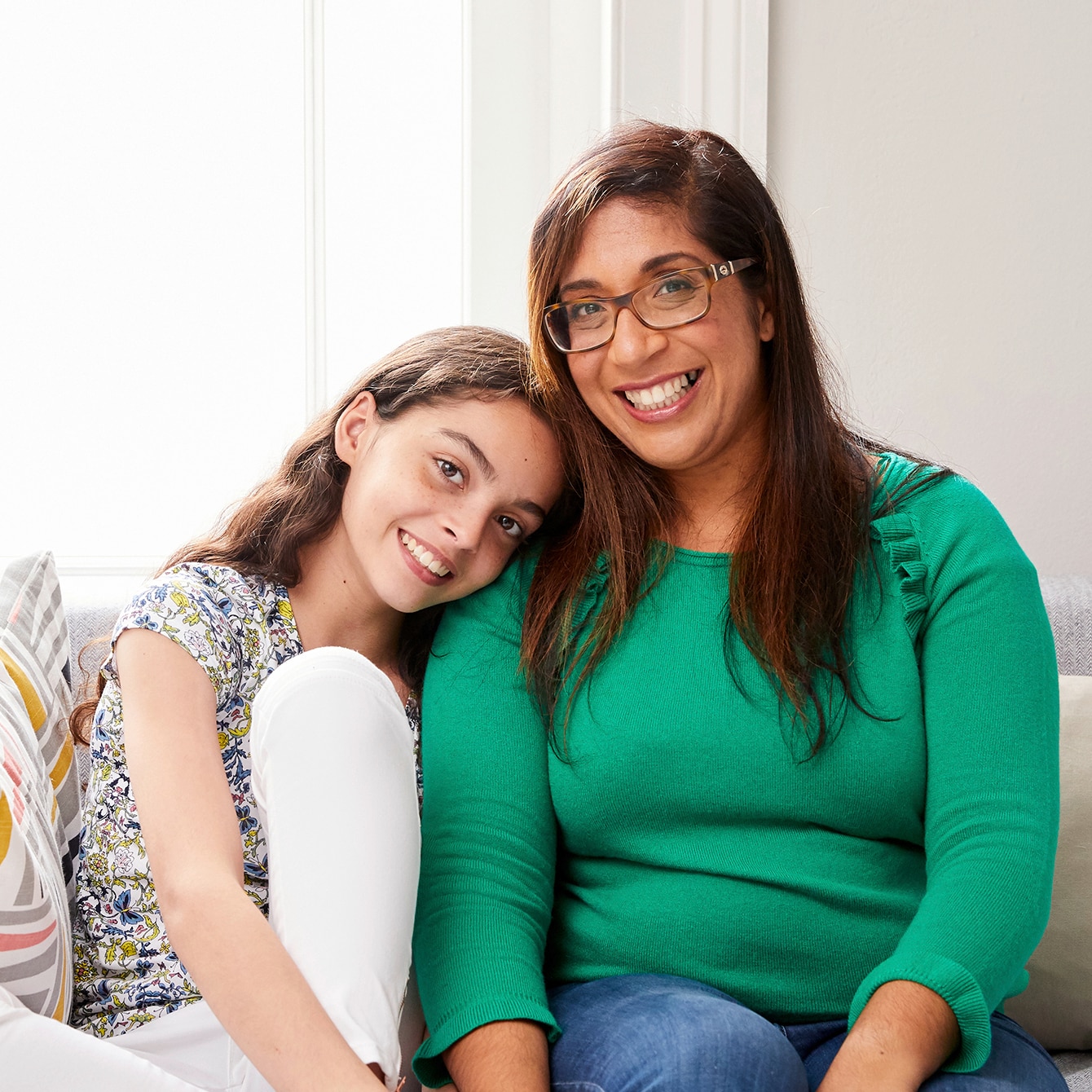Reality TV – the name suggests unscripted, unedited and unplanned. However, as one anonymous industry insider tells us, the truth is more complicated than that.
As an industry insider, why do you think reality TV programmes feel so real to viewers?
“Most people you talk to, even teenagers, will say: ‘Oh yes, we know it’s not real’. But then, in the next breath they’ll be saying: ‘Did you see what she did to him last night?’ Or: ‘I can’t believe how that girl reacted when he cheated on her!’. There’s this strange disconnect between what we know we know, and what we think we know."
“Reality TV manages to pull the wool over our eyes, because the truth is it looks very like reality, very much like your own life – different to celebrity culture. People have relationships, make up and break up, have babies and raise children, just as we all do; so you’re tricked into believing it’s true. Only, when you look a bit closer, you realise that everything is blown way out of proportion.”
So, is ‘reality TV’ a misleading name? How much is real and how much is made up?
“Of course a lot of it isn’t true but, the fact is, the best reality TV isn’t entirely false either. For a scene to work there’s got to be a grain of truth about what’s happening, but what the programme-makers tend to do is inflate it dramatically to make it work on screen."
“So, for example, an argument will work best when two people have a real reason to be angry with one another – and the programme-makers will fan the flames. They’ll keep a rumour mill going; they’ll say: ‘Do you know what so-and-so was up to last night?”
“And if there’s a showdown about to take place, they’ll keep the couple apart until they can capture it on camera, because they want that rawness, that reality. They might even keep them holed up in separate hotels and take away their mobile phones, until they can unleash them on the set.”
“On top of this is the fact that hundreds of hours of filming can go into just one show. There might be seven or eight days of shooting for just one episode. So, of course it’s all blown up! It’s all over-sensationalised, because real life isn’t like that – real life pans out slowly, at a much more even pace."
“And the way the ‘stars’ look is all heavily doctored, too. If they’re filming a dinner scene, for example, there will be several breaks for people to redo their hair and reapply their lipstick. And if you see a reality TV star ‘falling out of bed’ you can bet your life the camera team will have spent two hours setting up, and the star will have spent at least an hour on her make-up, before the opening shot.”
Why don’t the people on reality shows complain about this?
“The reality for the ‘stars’ at the centre of reality TV shows is that they’re pawns with very little power – they really sign away all their rights when they go under contract to the show. They do it because they want to be rich and famous, and they think it’s a passport to that, but sadly they’re often deluded."
“And what they give up is any right to a private life, to making genuine decisions about who they’re seeing and what they’re up to. Everything has to be run past the programme-makers – there’s nowhere to hide. Sometimes it just gets too much, it takes its toll and you really feel for them. I think it’s sad, really.”
How do fake reality TV series work? Can you tell us any secrets?
“Contrary to what you might think, most participants in reality TV shows – outside of studio shots – aren’t professionally made-up. This is TV on the cheap remember, so instead, they’re invited to apply their own make-up – and the irony is that many reality TV ‘stars’ plaster on far more make-up than a professional ever would. It’s a question of real-life imitating art... and overblowing it."
“Lighting, though, is highly professional. Every frame you see, every shot the camera takes is carefully lit to show participants to their best – and sometimes worst – effect. The idea that anyone simply falls out of bed, or is even filmed in bed, without copious amounts of make-up and serious account taken to lighting, is simply a lie.”
Faking reality TV: the tricks of the trade
- A ‘frankenbite’ is the industry term for editing conversations or interviews so they end up suggesting something entirely false. For example, if the director needs to show someone swearing or crying, she’ll be seen swearing or crying – but she might have been filmed swearing or crying at something completely different from what’s portrayed on-screen
- A ‘showmance’ is a romance for the reality show. Once people have signed up they can’t necessarily have any romance they want. There needs to be drama and excitement. So people may have relationships that would never have happened if it weren’t for the show. Any real romance that looks as though it would be happy and ‘normal’ may be deemed too boring and quashed
- A ‘frenemy’ is a character in a TV-fuelled feud. Ratings go up if personalities clash with one another, so when viewing figures go down, the ‘frenemy’ rate goes up
What next? Action steps to help you discuss reality TV
Now you’ve learned how fake reality shows might be, start a conversation with your child about their viewing habits and a healthier viewing schedule for the whole family.
After you've taught everyone to watch with a critical eye, these activities can be fun for all the family, and the extreme storylines can be taken with a big pinch of salt.




